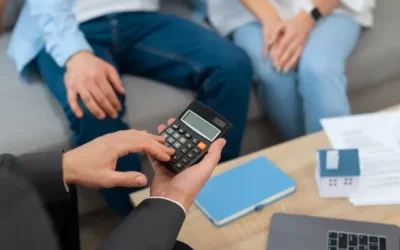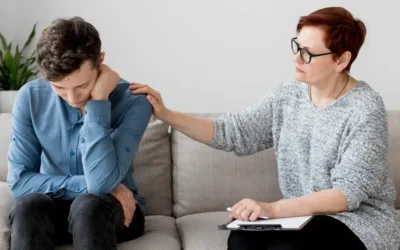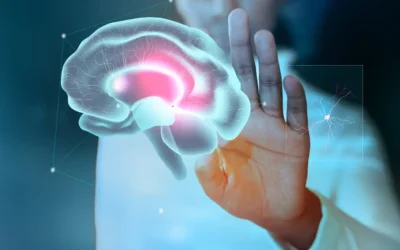The digital age has brought about unparalleled connectivity, with smartphones at the forefront. However, the incessant ‘ping’ of notifications can become addictive, hijacking our brain’s reward system, particularly the nucleus accumbens, akin to other forms of addiction. This phenomenon is not just a personal challenge; it increasingly intrudes into our intimate relationships, with significant others feeling sidelined by our digital interactions.

Understanding Phone Addiction
Smartphones, by design, stimulate the brain’s dopamine pathways, similar to other addictive behaviors. This constant engagement with our devices can create a barrier in our real-life interactions, especially within our closest relationships. The preference for digital connectivity over physical presence signifies a troubling shift in how we prioritize our social interactions.
Signs of Phone Intrusion in Relationships
Persistent Distraction – The inability to disconnect from virtual worlds, leading to neglect of in-person interactions.
Social Isolation – A growing disconnection from real-life social settings due to excessive phone use.
Communication Breakdown – The deterioration of meaningful conversations as a result of divided attention.
Defensive Behavior – A defensive stance when phone usage is challenged, indicating denial of the problem.
Anxiety Without Access – Noticeable anxiety when separated from the device, highlighting dependency.
Lack of Problem Recognition – An absence of awareness regarding the impact of phone addiction on relationships.
Social Media Stress – The compulsion to constantly check social media and email, leading to emotional distress.
Feeling of Neglect – The emotional toll on partners who feel secondary to their significant other’s digital life.
Impact on Intimacy – The intrusion of screen time into moments meant for intimacy and connection.
Emotional Avoidance – Using the phone as a means to sidestep facing uncomfortable emotions or conflicts.

Strategies for Rebalancing Your Relationship:
Establish Clear Boundaries – Introduce specific times and zones where phone use is minimized or eliminated.
Create a Phone-Free Sanctuary – Designate areas like the bedroom as digital device-free zones to encourage intimacy.
Practice Presence – Leave phones behind or switch them off during “couple’s time” to foster genuine engagement.
Model Behavior – Lead by example in minimizing phone usage to encourage your partner to follow suit.
Communicate Openly – Discuss the impact of phone addiction on your relationship and express your needs clearly.
Monitor Usage – Utilize tools to track and limit screen time, promoting awareness of digital consumption.
Cultivate Alternative Activities – Engage in shared hobbies or activities that encourage direct interaction and strengthen your bond.
Seek Professional Help – Consider therapy if the phone addiction significantly harms your relationship, to explore underlying issues and develop healthier coping mechanisms. If you are interested in seeing a Therapist in Niagara Falls or the surrounding area feel free to reach out to us to schedule a free consultation with one of our therapists at your convenience.
Conclusion
Navigating a partner’s phone addiction requires a delicate balance of communication, boundary-setting, and mutual effort to prioritize the real over the virtual. By actively choosing to engage more deeply with each other, couples can overcome the digital divide, fostering a more fulfilling and connected relationship.
Be well, Ian











